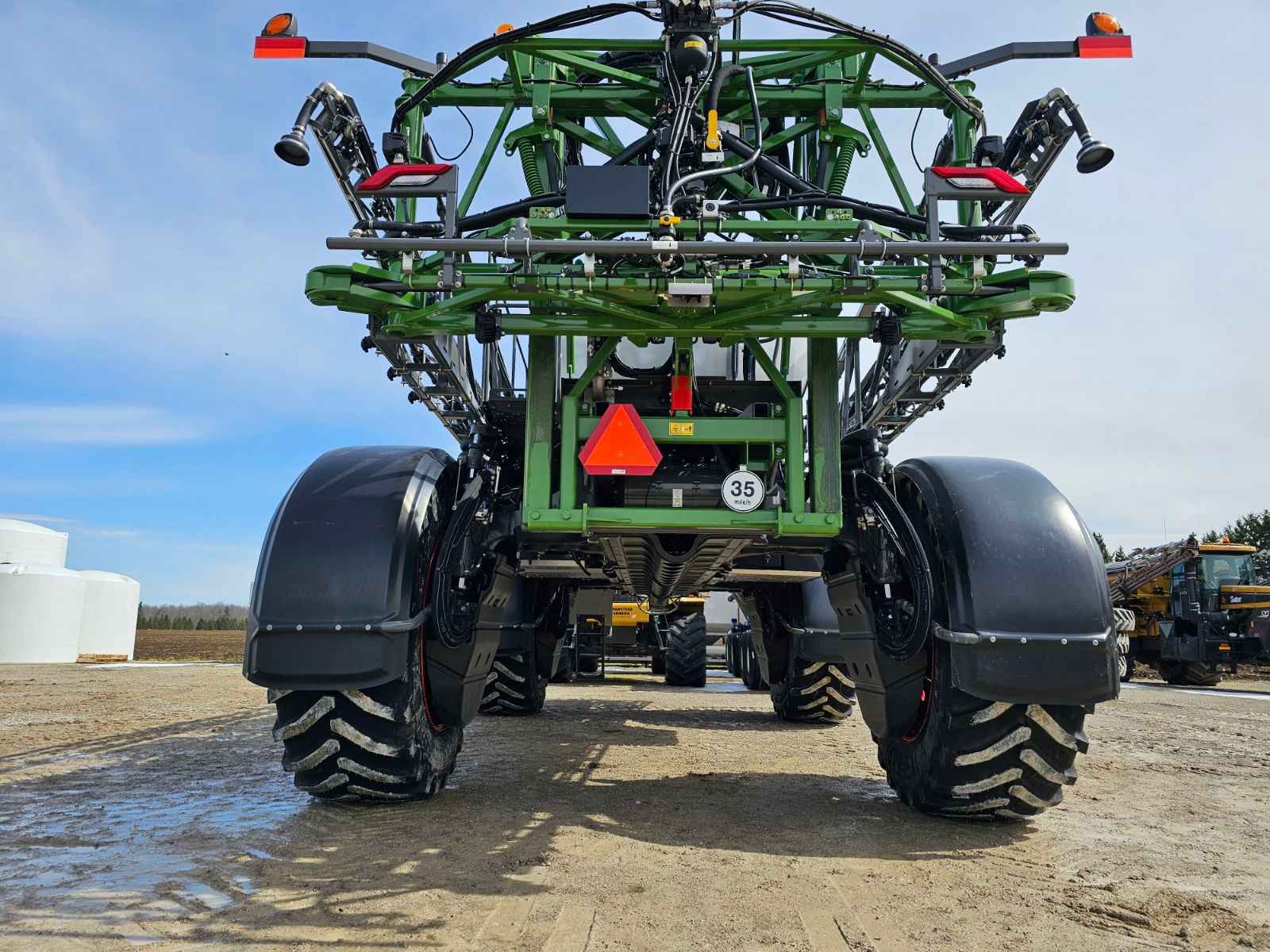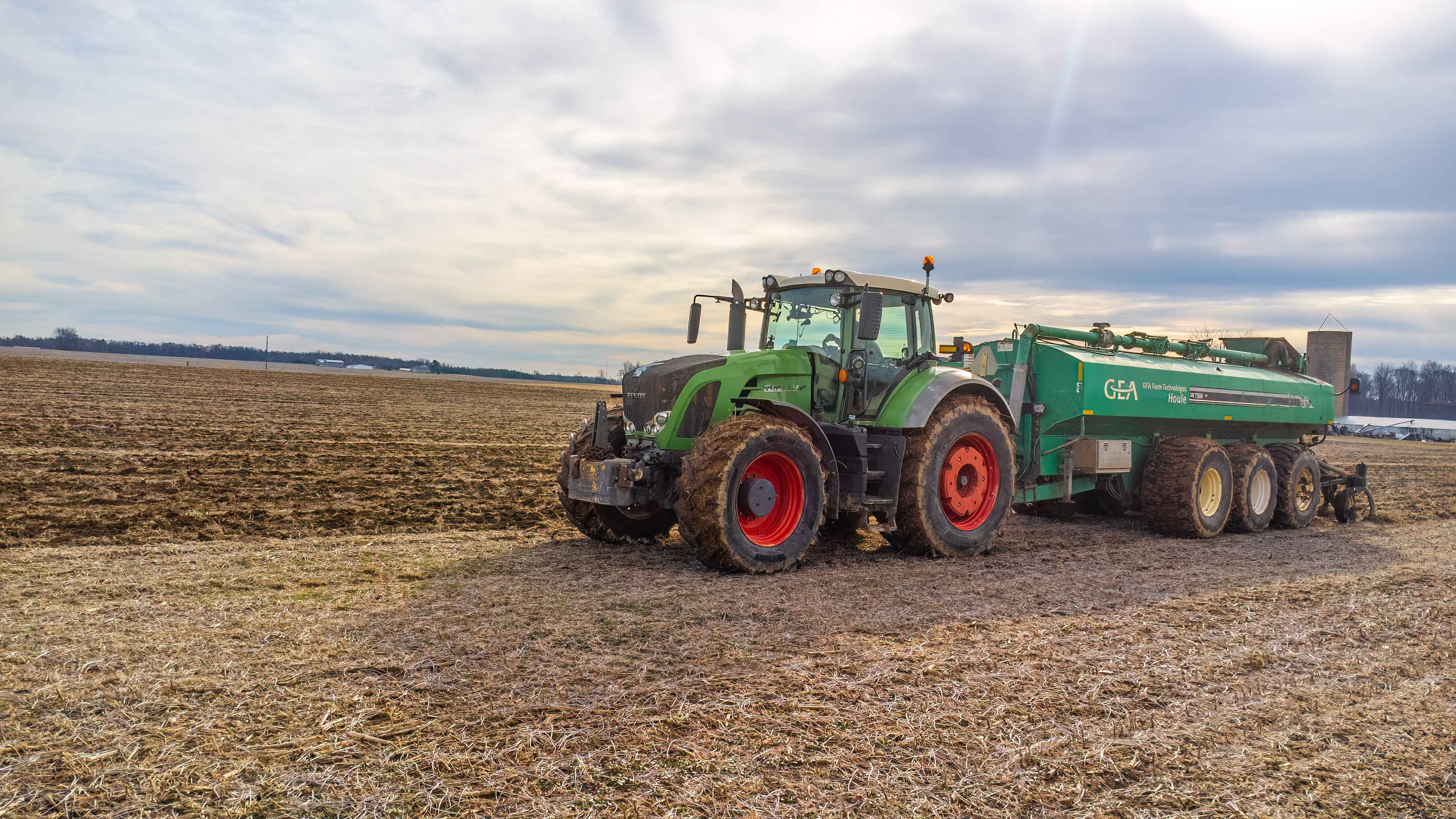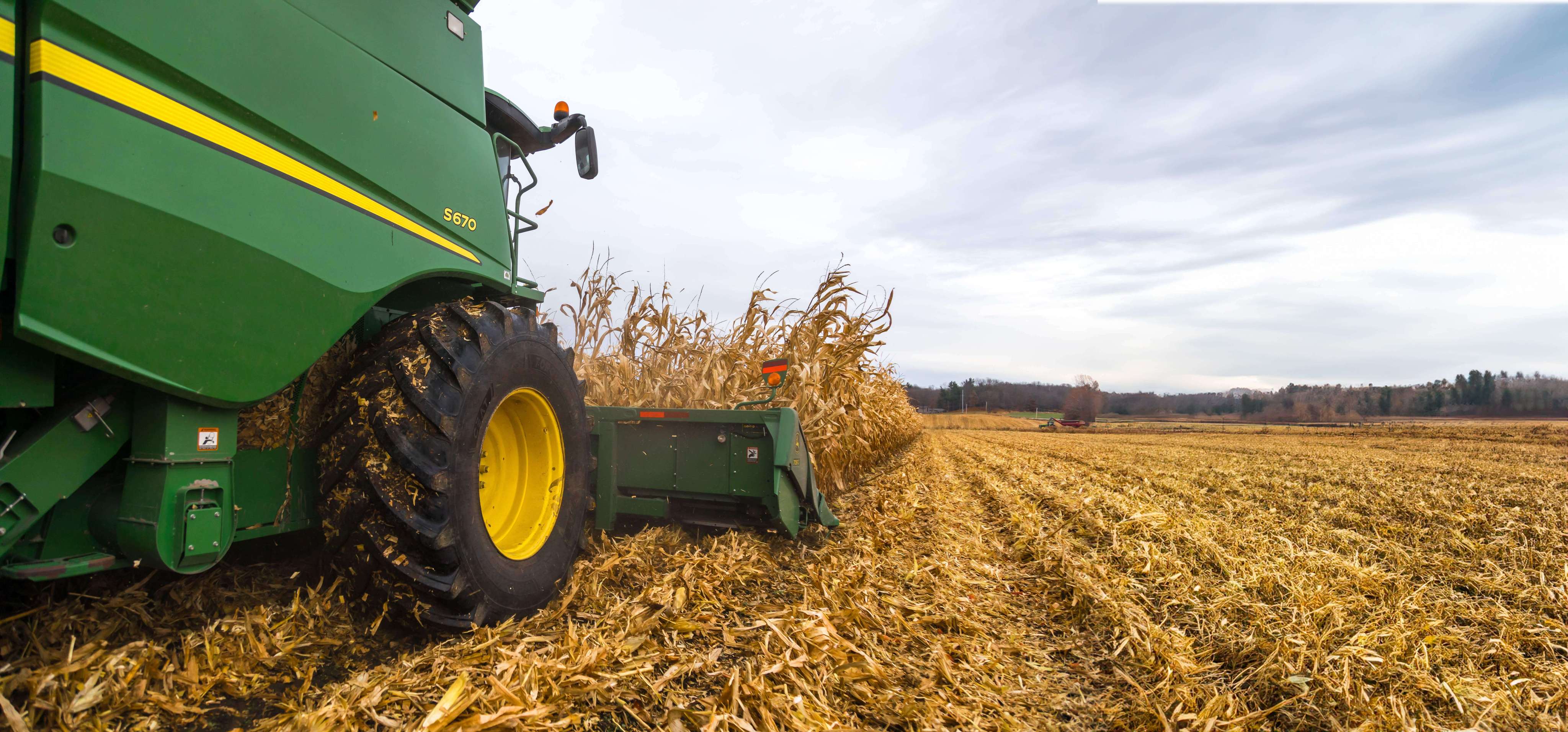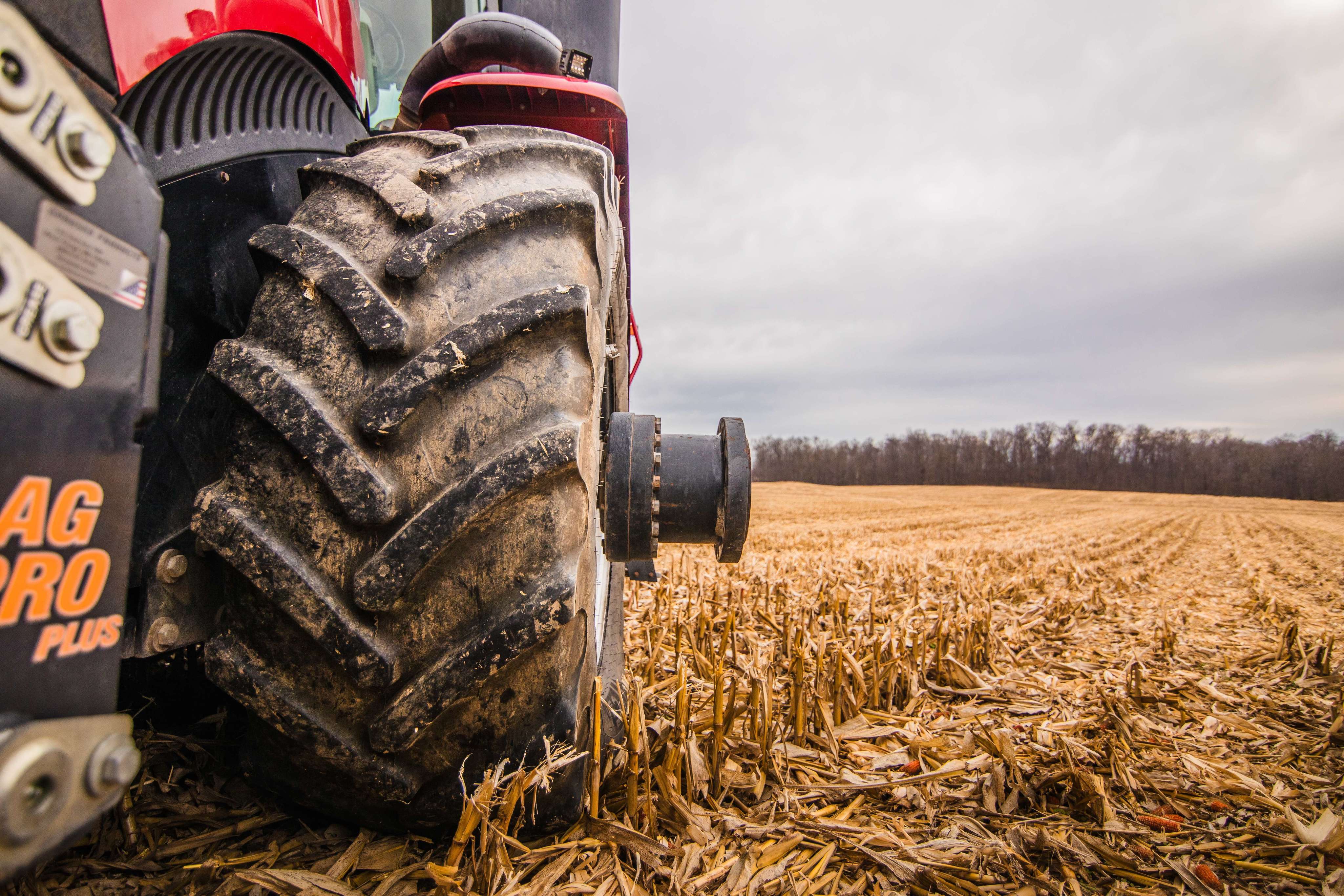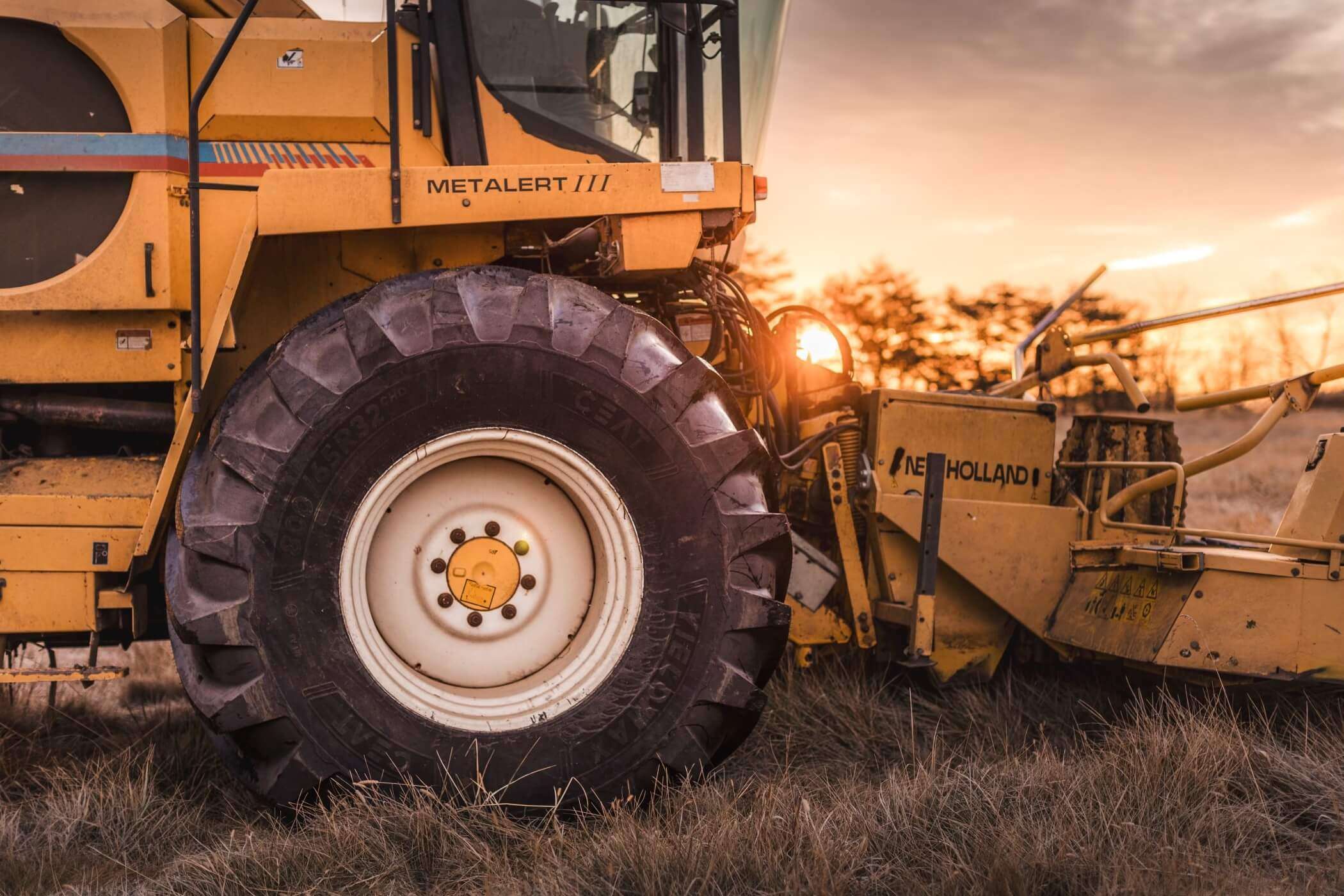ceat-speciality:blogs-tags/all,ceat-speciality:blogs-tags/tire-advice
A Guide to Farm Tractor Tire Types and Sizes
Tue, 8 Oct 2024 | PRODUCTS
Are you in the market for farm tractor tires? In addition to the type and size of the tire, tread design is very important, as it can greatly affect the performance of the tractor. We will examine 4 different tread designs of tractor tires: R1, R2, R3 and R4, which each serve a different purpose:
Common Tractor Tire Sizes
R1 (Agricultural Traction)
Description: These are standard agricultural tires designed for fieldwork. They have deep treads for better traction in soft soil. R1 tires are the narrowest of the 3 designations that are suitable for off-road use. It is designed to generate maximum adhesion over challenging terrain and offers the most aggressive traction.
Common sizes include 320/70R24, 380/85R24 and 400/75R38.
R1 tires, like the popular CEAT FARMAX R70, can also come in a R1-W designation for extended tire lifespan and enhanced traction. The tread depth of an R-1W tire is at least 20 percent deeper than the same sized R-1 tire.
In addition to deeper tread depth, the FARMAX R70 also features a lower shoulder angle for outstanding traction, rounded shoulders to minimize soil and crop damage, and a wider tread and larger inner volume to decrease soil compaction.
R2 (Agricultural Flotation)
Description: R2 tires have wider treads for reduced soil compaction, ideal for wet or soft ground conditions. R2 tires, which are ideal for Ag trailers and other farm implements, have the widest spacing between lugs, which allows mud to shed easier.
Common sizes include 480/45-17 and 600/55-22.5.
R3 (Turf Tires)
Description: These tires have a smoother tread pattern for minimal ground disturbance, making them great for lawns and sensitive areas. They are designed to operate on yards and grassy terrain without leaving behind tracks. The tread depth of an R3 is approximately half as deep as an R1 tire. It distributes the tractor weight across a wider surface area, allowing the tires to be gentle on lawns to minimize damage.
Common sizes include 23x8.50-12 and 16.9-24.
R4 (Industrial/Construction)
Description: R4 tires are designed for loader and industrial applications, providing good traction and durability on hard surfaces. It is a wide and durable tire, useful in a wide variety of purposes and conditions, and can be used on both hard and soft surfaces. In terms of tread depth, they fall in between R1 and R3 patterns, more aggressive than R3 but less aggressive than an R1.
Common sizes include 15.5-25 and 17.5-24.
Consider these factors to choose the right type of tractor tire for your operation:
Application: Consider what tasks your tractor will perform (fieldwork, landscaping, construction).
Soil Type: Assess the soil conditions you'll encounter (hard, soft, muddy).
Load Requirements: Check the load capacity needed for your tractor.
Tread Pattern: Match the tread design to your work environment for optimal performance.
Selecting the right tractor tires involves understanding the specifications and matching them to your specific needs. If you have more detailed questions, your local Ag tire dealer can be a great resource.


